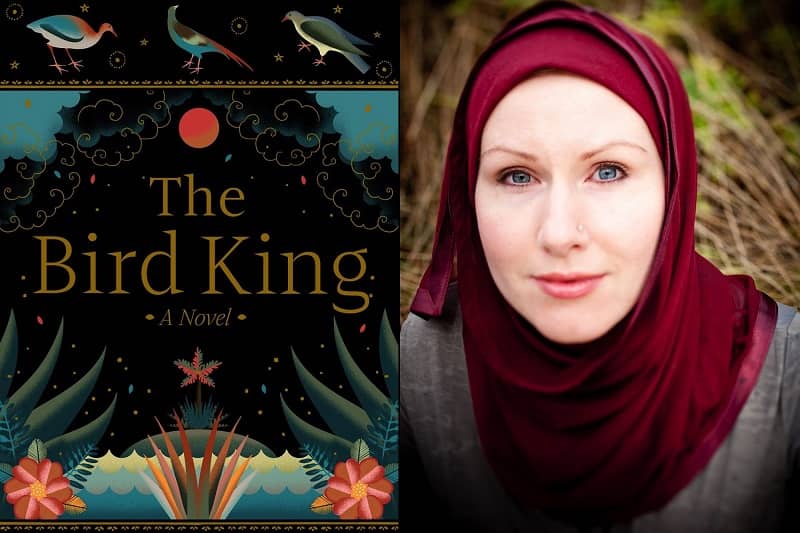Uncanny X-Men, Part 18: Juggernaut and Magneto – For The Very First Time!
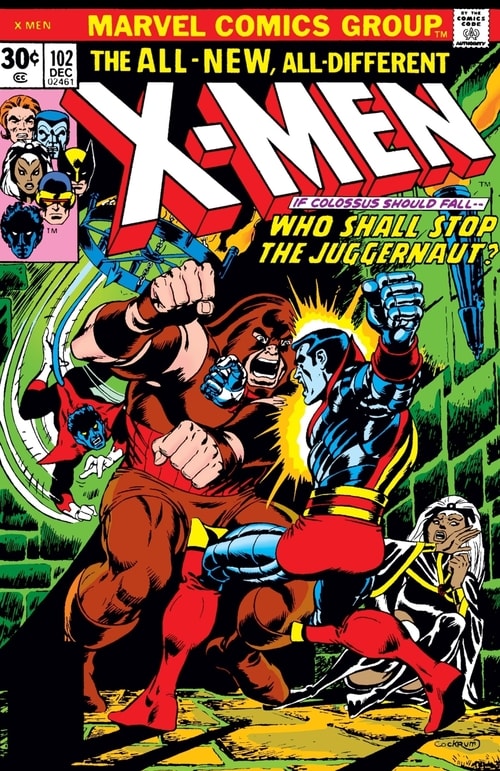
Welcome to part 18 of my Quixotic reread of the X-Men, starting with issue #1 in 1963. We’re now in 1976 and I ended my last post partway through #101 because Phoenix’s introduction is the real climax of the last arc and it made sense to stop there.
After Phoenix’ appearance and the hospital reunions, a new story arc starts, insofar as one can ever say a story starts or ends in Claremont’s braided narrative. In this post, I’m going to cover the last half of Uncanny X-Men #101 to the end of issue #104 because it covers the new X-Men’s meeting with two hugely important and iconic villains: the Juggernaut and Magneto.
Personally, this set of stories fits into my life in that I read issue #101 in French in B&W as an 11 year old in 1982, and couldn’t afford to read issue #102-#104 until the summer of 1987 when they were reprinted in the Classic X-Men. So I’d been waiting 6 years for these stories. The Classic X-Men reprint series was great — it allowed me to fill out all the story gaps in my collection; by then, by trading with friends or buying from the comic shops in Toronto, I’d already gotten a complete run from #134 onward.
With Phoenix in the hospital in issue #101 (October, 1976) the X-Men, led by Banshee, go to Ireland on a forced vacation. Jean needs rest and support the Scott and Professor X can offer, and the new X-Men need to get out from underfoot.
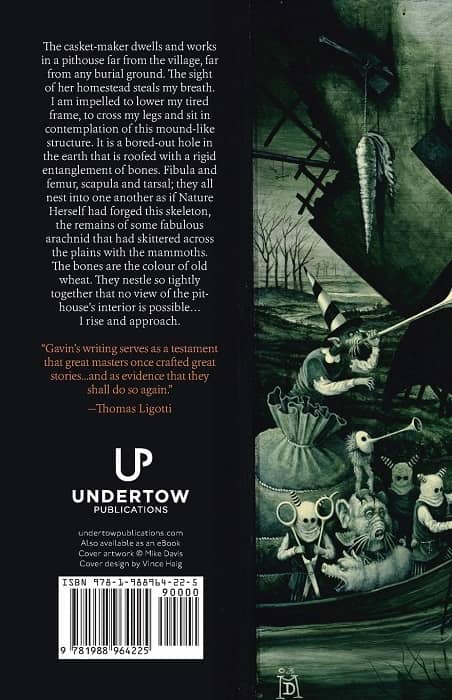
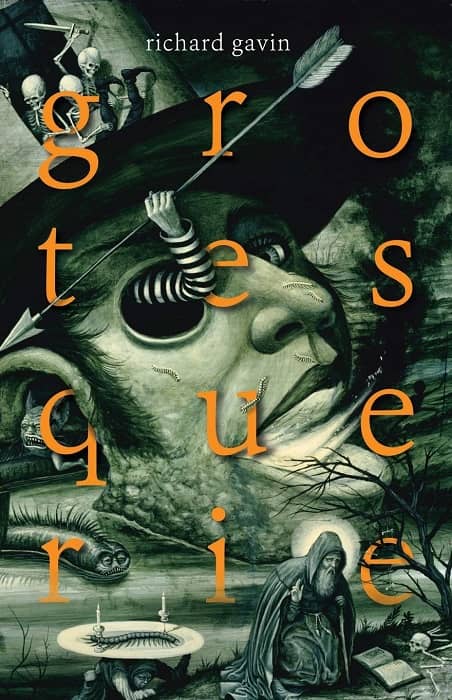
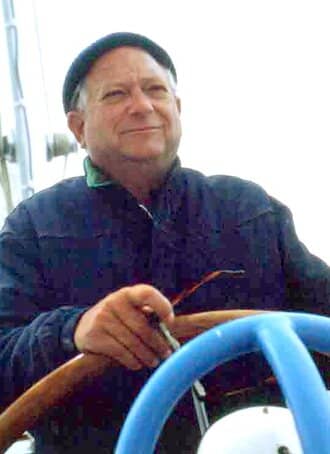
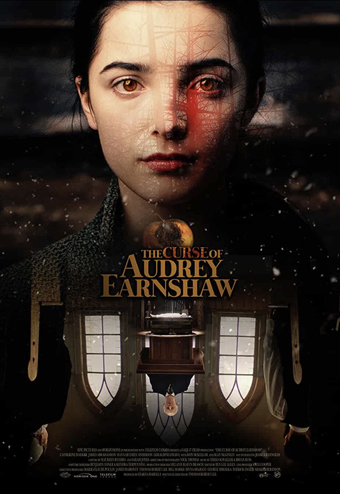
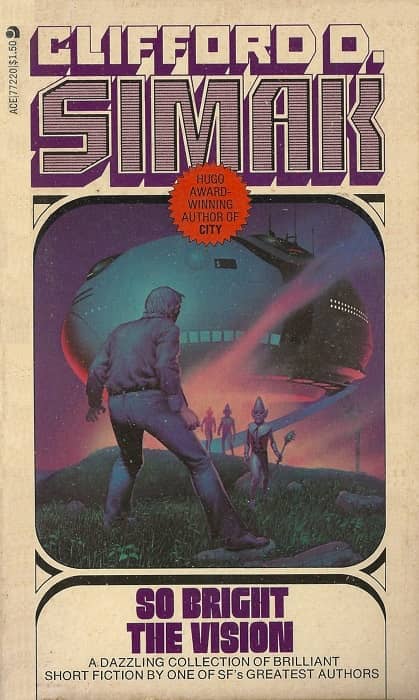
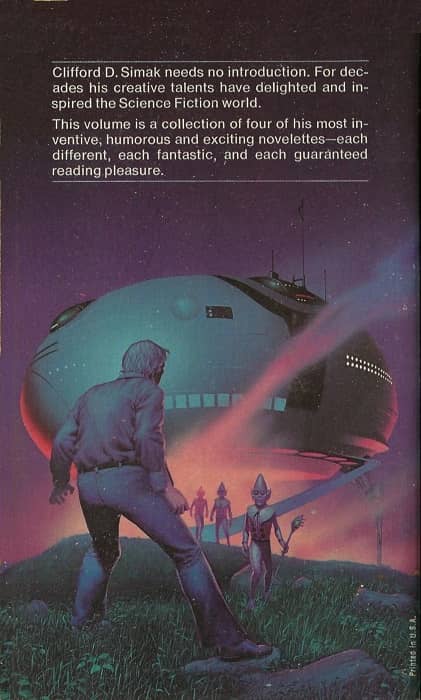
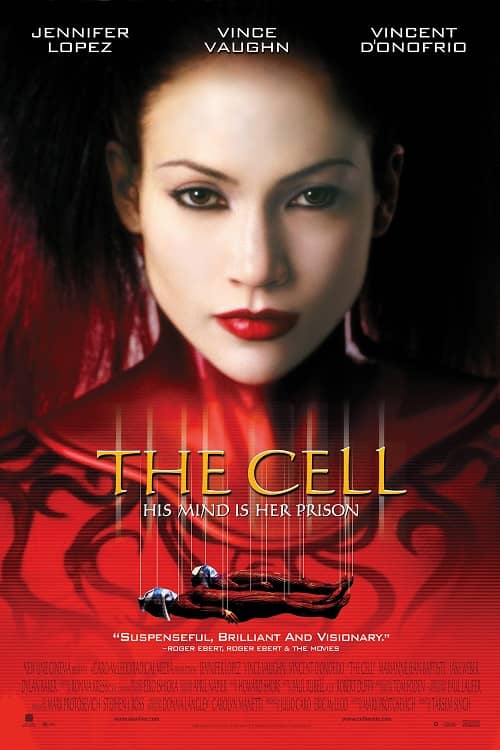

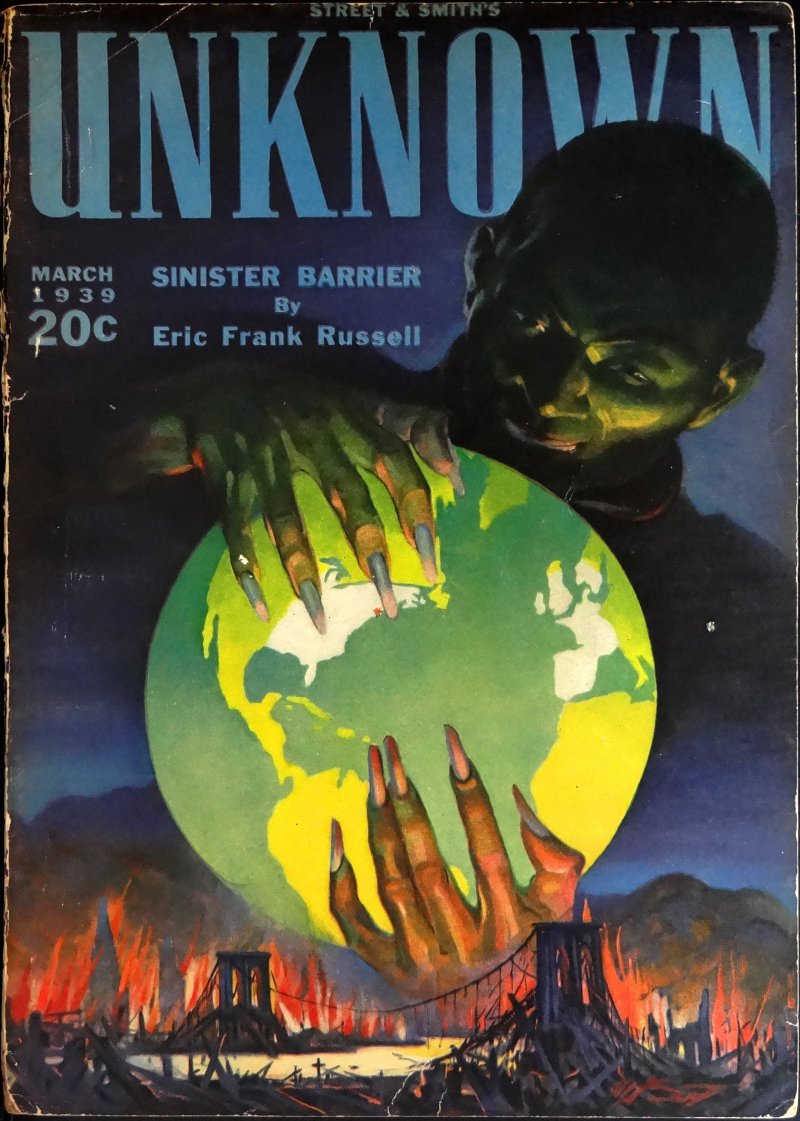
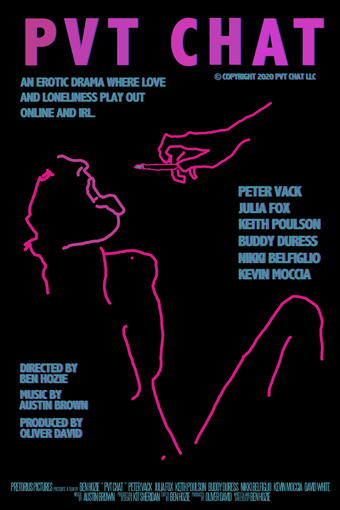 One of the new wrinkles to Fantasia this year is the existence of a Discord where filmmakers and critics and audiences can chat with each other about the movies playing the festival. It’s already proved quite useful to me, as seeing other people discussing films has helped draw my attention to a few titles I’d originally dismissed as uninteresting or out of step with this web site’s focus. A case in point was the movie I watched late on Fantasia’s second day, writer-director Ben Hozie’s PVT Chat.
One of the new wrinkles to Fantasia this year is the existence of a Discord where filmmakers and critics and audiences can chat with each other about the movies playing the festival. It’s already proved quite useful to me, as seeing other people discussing films has helped draw my attention to a few titles I’d originally dismissed as uninteresting or out of step with this web site’s focus. A case in point was the movie I watched late on Fantasia’s second day, writer-director Ben Hozie’s PVT Chat. 